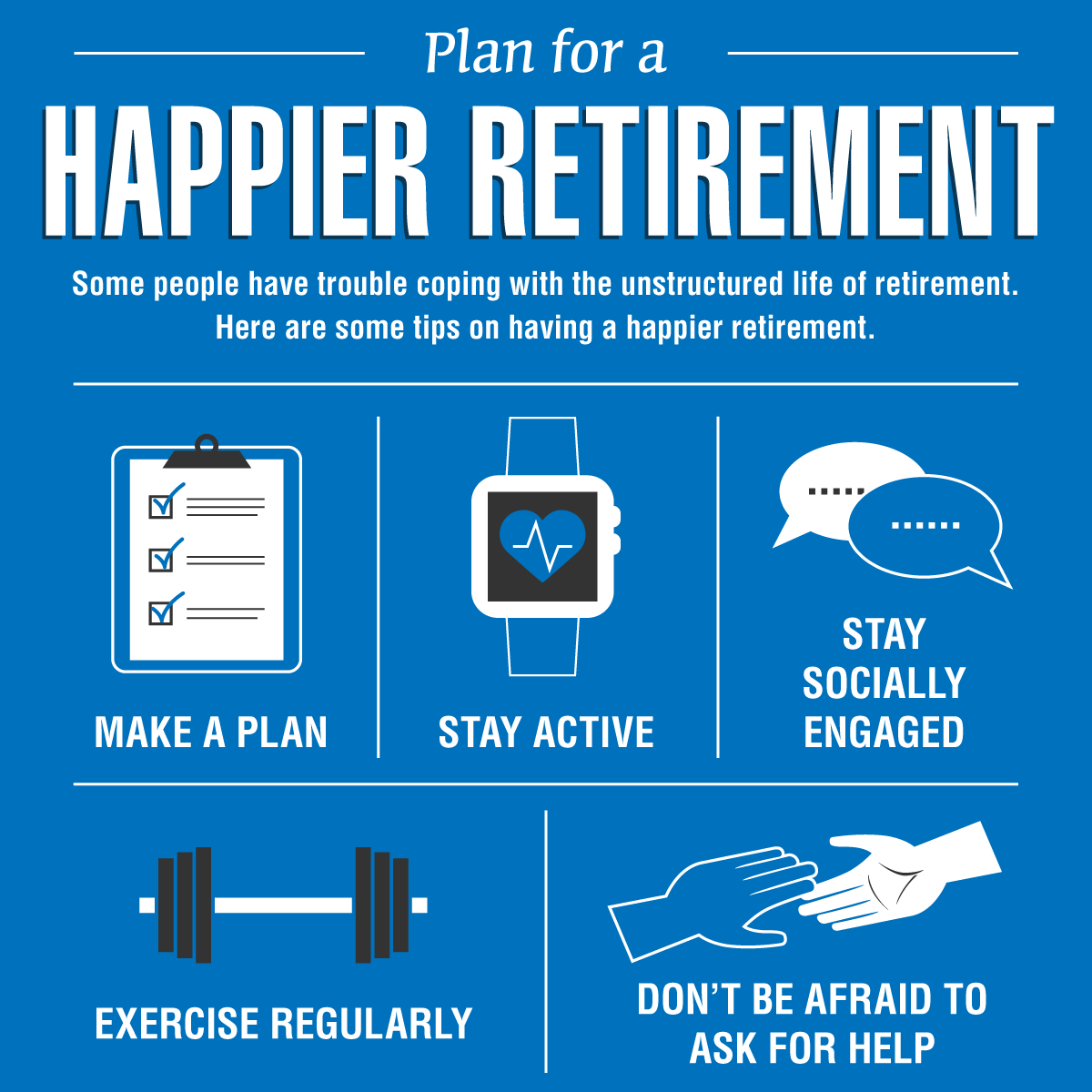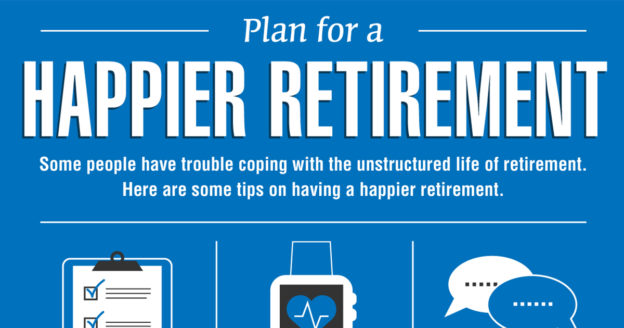When people talk about retirement planning, they’re usually talking about money. But there’s another aspect that people often forget: what will you do with all that newfound free time? After decades of hard work, the thought of sleeping late and taking it easy is pretty attractive. But the transition to retirement is a big deal, and many retirees don’t consider the psychological aspects of the change. We’ve gleaned some advice from professional sources.

Create a Plan and Schedule
However you feel about your job right now, it’s an important part of your life. It provides structure, mental stimulation and social interaction. Retiring can leave a void, and streaming the latest shows or making frequent trips to the grocery store may not be enough to fill it. Empty or aimless hours can lead to boredom, disenchantment and even depression.
You may have a long list of things to do, places to go, and hobbies to take up, but if you don’t decide where to begin, it can be hard to get started. You’ll need to actively plan your activities and create a schedule to successfully manage your time in retirement. Write down how you’d like to spend each day of the week, blocking out time for chores, social engagements, hobbies and exercise. Sticking to a schedule can keep your days structured and give you a sense of accomplishment.
Stay Engaged
For many people, staying busy and remaining socially engaged are essential to a satisfying transition to retirement. That’s one reason why some retirees take on part-time or seasonal jobs.
A job in retirement doesn’t necessarily mean continuing to do the same old thing. Retirement is an opportunity to reinvent yourself. Do something you’ve always wanted to do, something fun and challenging.
Maybe the job for you is one that doesn’t pay at all, at least monetarily. There are countless organizations looking for volunteers.
Volunteering just a few hours a week will give you something to look forward to and keep you connected to the outside world, which can improve both your mental and physical well-being.
Exercise Your Body and Brain
Regular exercise not only keeps you physically fit — it also increases your sense of well-being. Whatever you do to exercise, make it part of your regular schedule. Consider taking a fitness class at a local gym, which also adds a social element to your workout. Maybe you can up the ante by trying something new, like a martial arts class.
Don’t forget to exercise your brain. A course or workshop can help you discover a new side to yourself (the painter, the mystery writer, the master of topiary). You may even want to enroll in classes at a local community college or return to school full-time.
Whatever you do, make sure it’s part of a plan — a plan for a happier retirement.



